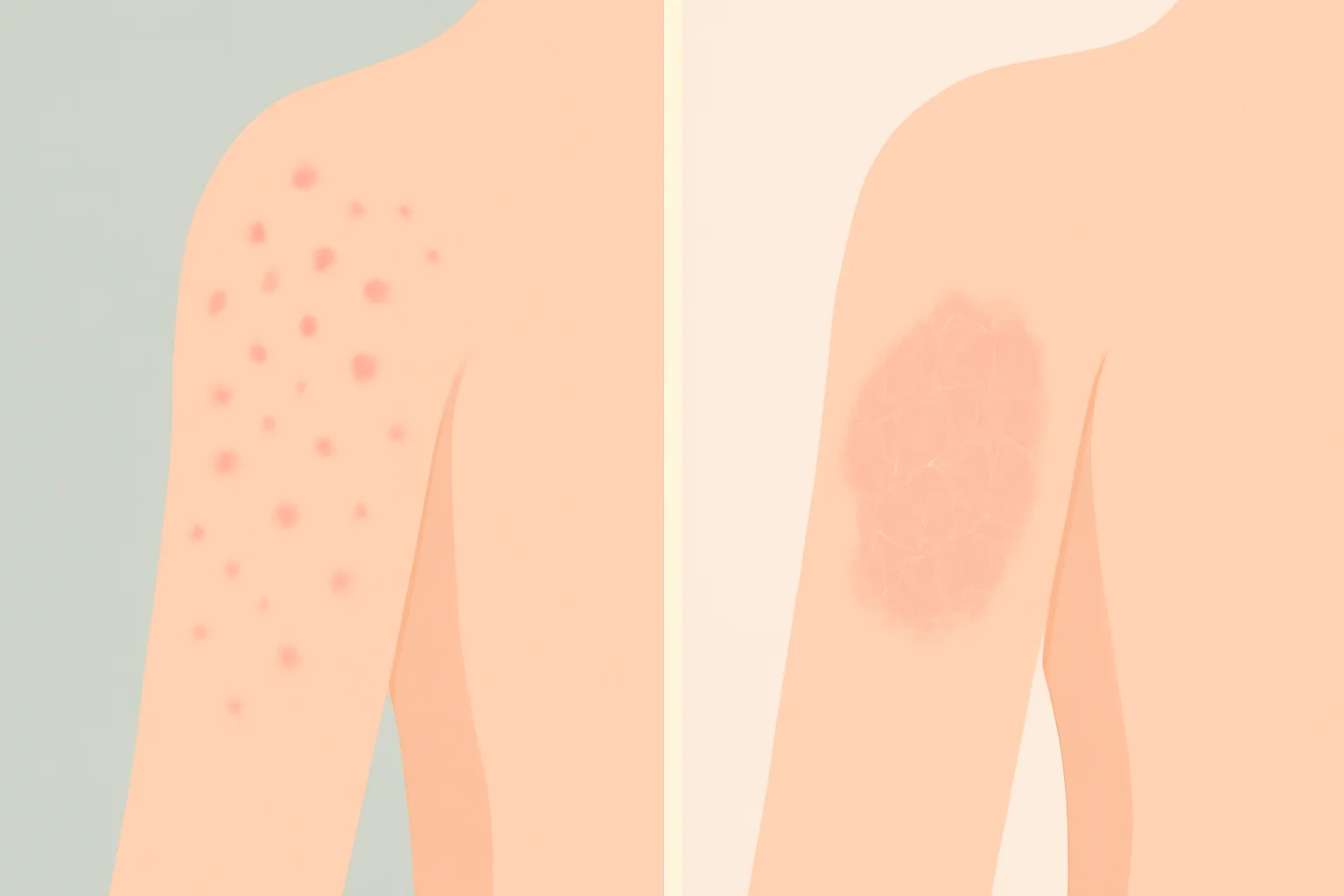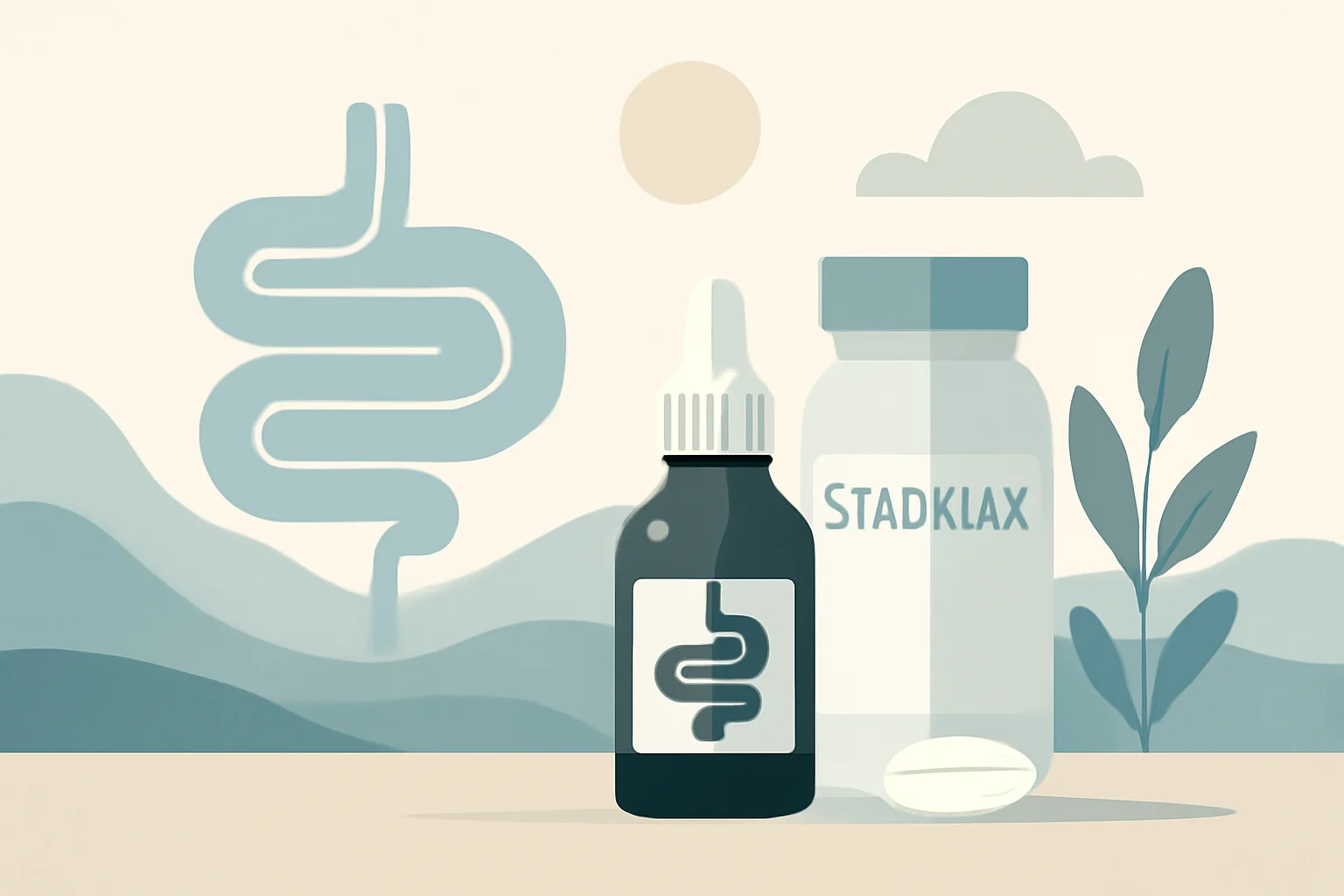
Rash or eczema? Discover the differences and treatment options!
The skin is one of our most important lines of defense, exposed to various external influences. Different skin problems, such as rashes and eczema, can often cause concern and discomfort. Changes in the condition of the skin can, in many cases, have not only physical but also emotional effects, as the state of our skin often influences our self-esteem. Rashes and eczema can develop for various reasons, and while they may show similar symptoms, they can fundamentally differ in origin.
Due to the diversity of rashes and the different types of eczema, it is important to be aware of the differences between the two conditions. A proper diagnosis can help in choosing the appropriate treatment, which can ease the lives of those affected. Knowledge of dermatological issues can not only assist in alleviating symptoms but also plays a key role in prevention. To best manage these skin problems, it is essential to be aware of the triggers and possible treatment options.
Rashes: Symptoms and Causes
Rashes indicate various conditions of the skin that can arise from numerous causes. These can be allergic reactions, irritations, infections, or even skin diseases. The appearance of a rash is usually accompanied by itching, redness, and swelling. Among the causes may be contact dermatitis, which develops due to skin irritation, or allergic reactions that can occur as a result of contact with various substances.
The types of rashes encompass a wide spectrum. Hives, which often appear as itchy, red, raised spots, can be a consequence of allergic reactions. Acne and pimples are also considered rashes and most commonly occur during adolescence, but can also appear in adults. Additionally, fungal or viral infections, such as herpes or fungal skin diseases, can also cause rashes.
The treatment of rashes depends on the underlying cause. If it is an allergic reaction, avoiding the irritant is the most important step. Topical treatments, such as corticosteroids or antihistamines, can also help alleviate symptoms. However, if the rash is persistent or severe, it is always advisable to consult a doctor for an accurate diagnosis.
Eczema: Symptoms and Differences
Eczema, also known as dermatitis, is a chronic skin disease that complicates the lives of many people. Eczema is often accompanied by itching, redness, and flaking. Affected areas of skin can be dry, irritated, and sensitive. There are different types of eczema, such as atopic dermatitis, contact dermatitis, and seborrheic dermatitis.
Atopic dermatitis is the most common form of eczema and usually begins in childhood. This type of eczema can carry a hereditary predisposition, as it often runs in families. Contact dermatitis occurs when the skin comes into direct contact with an irritant or allergen. Seborrheic dermatitis can develop as a result of excessive activity of the sebaceous glands and often appears on the scalp but can also occur in other areas.
The treatment of eczema generally begins with moisturizing the skin and using anti-inflammatory medications. It is important for those affected to avoid irritants and pay attention to proper hygiene. Topical corticosteroids are often effective in reducing inflammation, but they should be used under medical supervision, as long-term use can cause side effects.
How to Differentiate Between Rashes and Eczema?
Differentiating between rashes and eczema is crucial for selecting the appropriate treatment. Although both conditions involve skin changes, the symptoms and underlying causes can differ. Rashes often appear suddenly and typically respond to some external irritant, such as an allergen or infection.
In contrast, the symptoms of eczema generally develop gradually and reflect a chronic inflammatory state of the skin. Eczema is often related to deficiencies in skin care, genetic factors, and environmental influences. A rash, on the other hand, can be temporary and often resolves quickly with the removal of the triggering cause.
A medical examination is necessary to establish a diagnosis, which may include a dermatological examination and possibly allergy tests. A dermatologist can determine whether the symptoms indicate a rash or eczema and recommend treatment accordingly.
Prevention Options and Lifestyle Advice
To prevent rashes and eczema, it is important to implement lifestyle changes. Establishing a healthy skincare routine is essential. It is advisable to regularly moisturize the skin, especially in dry, sensitive areas. The use of moisturizers and body lotions helps maintain skin hydration and reduces skin irritation.
It is also important to pay attention to external influences on the skin. Before using soaps, cleaners, and other chemicals, it is wise to perform a patch test to avoid allergic reactions. To prevent allergic symptoms, it is advisable to minimize contact with substances known to irritate the skin.
Stress management should also be considered, as stress can exacerbate skin problems. Relaxation techniques, such as meditation, breathing exercises, or regular physical activity, can help reduce stress levels. A healthy diet rich in vitamins, minerals, and omega-3 fatty acids can also contribute to skin health.
In cases of rashes and eczema, the most important thing is to pay attention to our skin, and if we notice any unusual changes, we should consult a doctor. For proper diagnosis and treatment, it is vital to seek the assistance of professionals.
Note: This article does not constitute medical advice. For health issues, please always consult your doctor.

